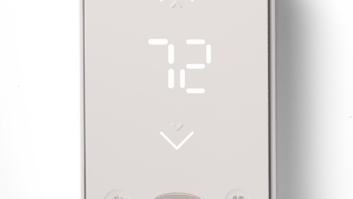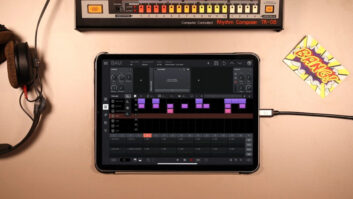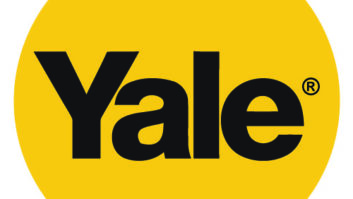Sirius Satellite Radio announced updated plans for deploying its satellite radio service, stating that the first of three satellites will be launched in late June and that commercial receivers will be available to consumers in limited quantities by the end of the year, initially through automakers.
The first aftermarket car radios will be available in the second or third quarter, said chairman David Margolese in a conference call to analysts and reporters.
Margolese also said he has been “massively surprised” by the automakers’ aggressiveness in offering satellite radios. “A few years ago,” he said, “we didn’t factor in OEM in our first three years.” But based on conversations with automakers, “personally, I could see standard radios in virtually all cars by all automakers in the next several years.”
The first satellite launch had been planned for as early as January 2000, but faulty boosters in a Proton launch vehicle postponed that event. Now, the first of three satellites will be shipped May 31 to the Russian Space Agency’s Kazakhstan launch site for a planned June 28 liftoff. The launch window allows for liftoff between June 21-July 20. The second and third satellites will launch in September and October, respectively.
Field tests of receivers will begin in August, Margolese said, allowing for radios to be available “in very limited quantities” by the end of the year. “The very first ones will go to the automakers first” in time to launch the service by the end of the year.
To hit this timetable, he said, Sirius is “parallel-developing receivers using some discrete components instead of some Lucent chips in case some chips aren’t available at launch.” Radios available late this year and early next might incorporate some discrete components, and although they will be more costly as a result, the cost wouldn’t deter early adopters.
In other updates, Margolese said:
- The buildout of 105 terrestrial repeaters in urban areas in 46 markets is on schedule and due to be completed in December.
- Automaker Mitsubishi “is expected to be included in our DaimlerChrysler agreement” now that Daimler bought a controlling interest in the automaker. Sirius rival XM Satellite Radio has a manufacturing agreement with autoparts maker Mitsubishi Electric, which supplies radios to automaker Mitsubishi, but the automaker hasn’t yet declared whether it would offer either satellite service.
Sirius service fees would be “embedded” in monthly car leasing payments. More than a third of new vehicles are leased, he said.
Margolese also clarified how the plans to develop interoperable Sirius-XM radios will affect its exclusive contracts with three automakers. The FCC requires that interoperable radios be offered, but its rules don’t say much beyond that.
“All new automaker deals [with Sirius] will specify the unified standard,” he said, because it will provide economies of scale and “open up the market faster.” Also, future Sirius agreements with automakers won’t specify exclusivity.
In addition, the interoperability agreement “does not impact existing [exclusive] deals” with Ford, DaimlerChrysler or BMW, Margolese stressed. Daimler has already agreed to offer Sirius service exclusively for five years, with a five-year renewal option. Ford agreed to offer Sirius service for nine years, but only through 2002 on an exclusive basis. BMW’s deal is exclusive for both telematics and radios, not just for telematics as one analyst previously said.
A recent agreement with Sanyo illustrates the impact of the interoperability agreement, marketing VP Terrence Sweeney later told TWICE. The agreement prohibits Sanyo from developing a single-mode radio for the aftermarket, he noted. But Sanyo’s OEM production will be governed by existing satellite-provider agreements with automakers. For example, he said, Sanyo must provide Sirius-only radios to Mazda for two years under an existing Sirius agreement with parent company Ford.
After exclusive arrangements expire, one observer noted, Sirius and XM will nonetheless be free to incentivize automakers to market only one satellite service even if the radios are capable of receiving either service.
Of the major automakers, only Honda, Mitsubishi and Toyota haven’t chosen satellite-radio providers.













